-

The “Very, Very Small Library” Exemption
In the world of made up public records exemptions, this response would be the tiny bleating baby goat cuddling with a kitten of exemptions.
-

Treasury officials monitored $1 trillion coin media reports closely
While the scheme to use a $1 trillion platinum coin to bypass the debt ceiling drama never gathered much steam at the Treasury Department, officials kept close watch on media reports about the concept.
-

The miscommunication that made history at San Diego Gay Pride Parade
Less than a year after the repeal of “Don’t Ask, Don’t Tell,” service members were given approval to march in uniform at the 2012 San Diego Gay Pride Parade - all thanks to a mistaken memo.
-

Pentagon flagged MuckRock FOIA requests for extra attention
All defense and military agencies filter and flag FOIA requests likely to draw media attention, according to documents released by the Defense Department. At least three MuckRock requests were among those kicked up the ladder for special review from Pentagon brass.
-
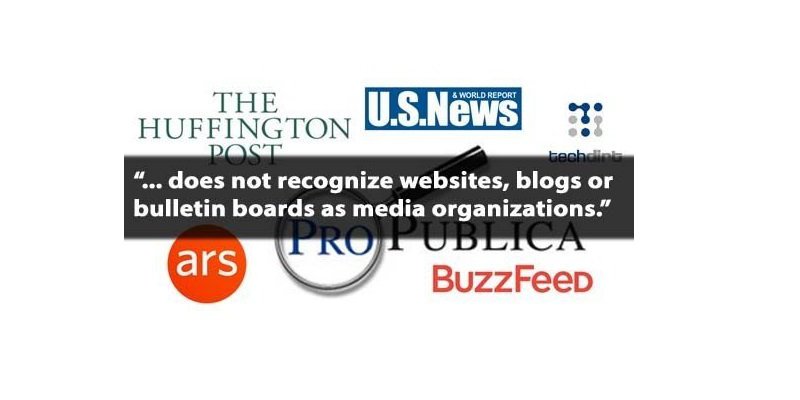
For some agencies, online media doesn’t count as media at all
FOIA was written in 1966, when Cronkite ruled the airwaves and The Times reigned unchallenged. More than 50 years later, too many FOIA officers and rules haven’t kept pace with media evolution, often leaving online journalists out of the club.
-
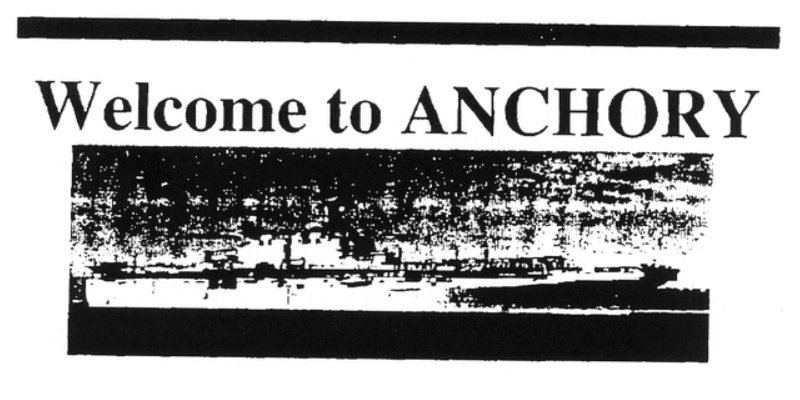
ANCHORY, the NSA’s intelligence catalog database of the ‘90s
Back when the National Security Agency still measured data in megabytes rather than by the square mile of servers, the agency took it upon itself to catalogue the output of the Reuters newswire service and publications of the wider intelligence community.
-

National Archives dropped $430k on a faulty license plate scanner
An audit by the Inspector General of the National Archives and Records Administration found that an automatic license plate recognition (ALPR) system installed at its College Park, MD facility parking lot has been plagued with problems. Cited issues range from a $430,000 price tag and faulty design to a worker accessing stored license plate data “for personal reasons.”
-
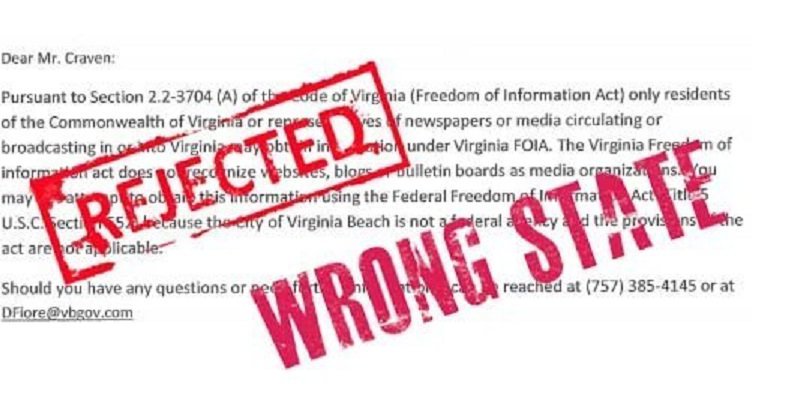
Virginia, Tennessee restricting records access to citizens
The law in Virginia and Tennessee, along with six other states, mandates public records access for ‘citizens’ of the state but leaves non-residents in the cold. Despite clear guidance that citizenship provisions are discretionary in both states, government bodies are rejecting efforts to bring documents to light.
-

License plate readers scanning vehicles across the country
A report released yesterday by the ACLU breaks down the widespread law enforcement use of automated license plate readers across the country. Our users have obtained hundreds of pages of documents on this controversial technology.
-
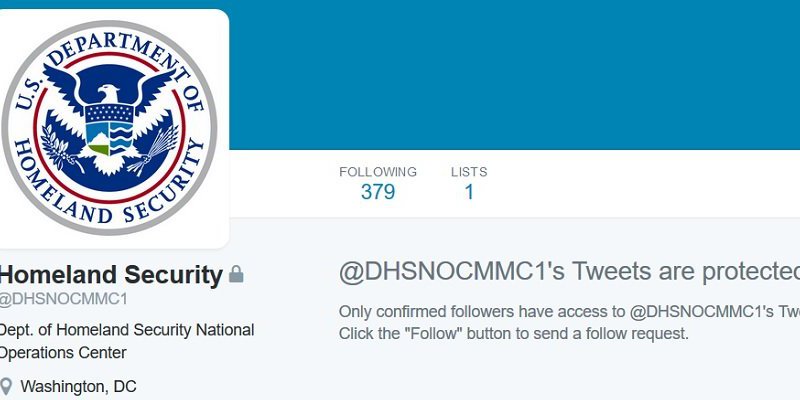
A look inside Homeland Security’s secret twitter account
Until recently most of the details of the National Operation Center’s twitter account, @DHSNOCMMC1, were not public knowledge. The account appears to be used strictly for monitoring, with no tweets having been sent out from the account, nor does it accept follow requests. However, thanks to a FOIA request by Carlton Purvis, we now know who that account is following, and even what are apps used to manage it.
-
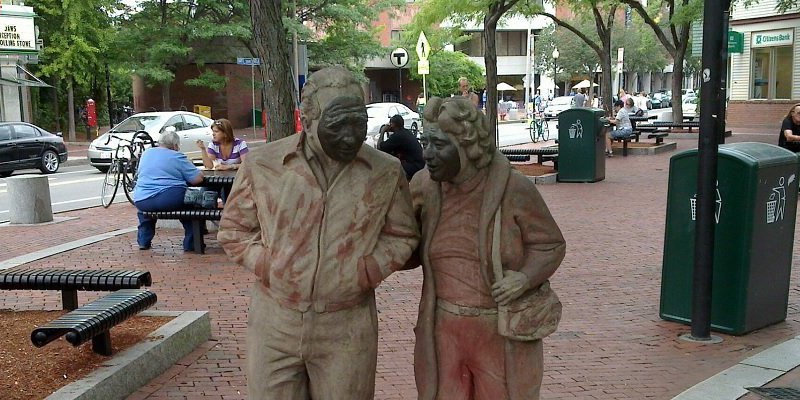
Digging into Somerville through public records
An investigative series dubbed The Somerville Files makes use of some of MuckRock’s oldest public records requests. The four-part investigation explores politics and public spending in the sixth-densest city in the country.
-

How FOIA brought hypnosis back to our nation’s railways
In response to reports by baffled Amtrak riders of news and movie streaming websites blocked on the rail line’s WiFi, Michael Morisy requested for a list of blacklisted websites. Surprisingly, included on that list among YouTube, Netflix, and Hulu was a social network for amateur hypnotists. What happened next will reaffirm your belief in the power of public records.
-
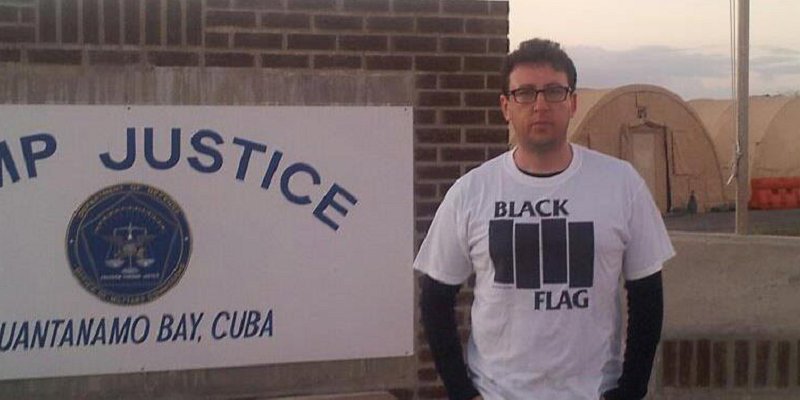
Requester’s Voice: Jason Leopold
Jason Leopold has used the Freedom of Information Act to break a number of major stories, from the drugging of Department of Defense detainees to the Biblical justifications the Air Force used for nuclear war to a drawn-out battle with the FBI over Occupy Wall Street documents.
-
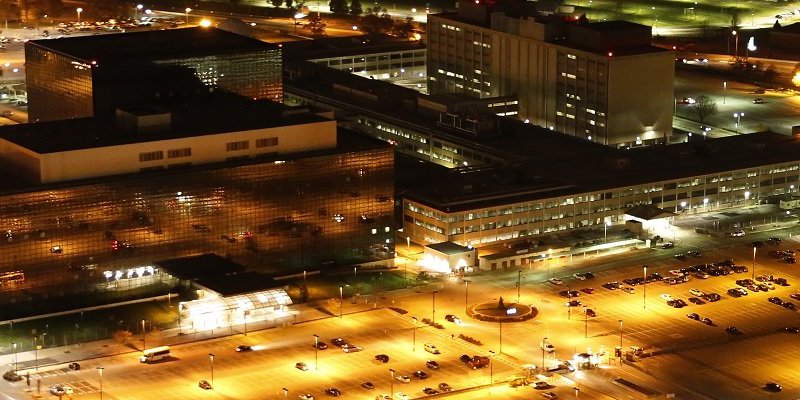
Pre-Snowden NSA talking points put emphasis on protecting civil liberties
A couple years before leaks by former NSA contractor Edward Snowden revealed that the agency had collected, analyzed, and stored data from a number of private Internet companies, talking points from the ribbon cutting ceremony for the Utah data center emphasized the agency’s commitment to civil liberties, private industry partnerships, and collaboration across the intelligence community.
-
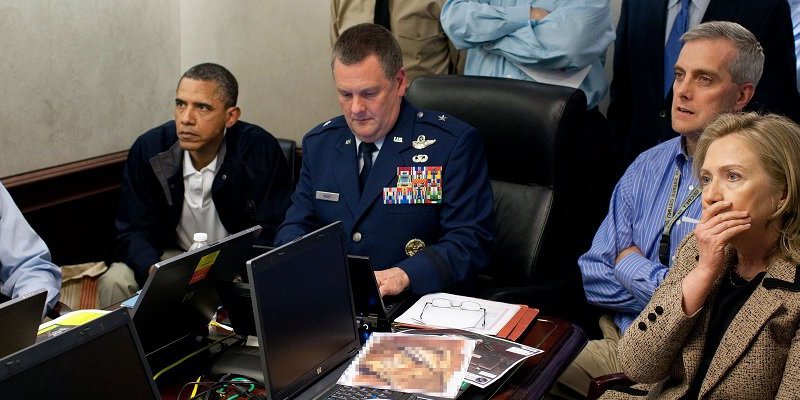
Suspicious transfer of bin Laden raid docs points to potential “shell game”
Like the AP, requests for OBL raid files came back frustratingly empty for MuckRock users. The revelation that records were ‘transferred’ to the CIA provides a new window to refile for raid documents and pries loose details of the manhunt.
-

Will Secret Service release its Aaron Swartz files to all requesters?
WIRED editor Kevin Poulsen just won a tedious FOIA battle of attrition with the Secret Service over their file on activist Aaron Swartz. So will the rest of us get the docs?
-

FBI kept close watch on Rodney King’s media appearances
The FBI has released its file on Rodney King, whose beating by police sparked mass riots in Los Angeles in 1992. The 725-page file consists primarily of news clippings related to the LAPD excessive force investigation.
-

I want to believe: How aliens helped build FOIA
Sixty-six years ago this week, witnesses saw a flying saucer fall from the sky onto a ranch in Roswell, New Mexico. UFO researchers have never been satisfied with the official explanation that the mysterious disc was a weather balloon, and our Freedom of Information Act is, surprisingly, better off for it.
-
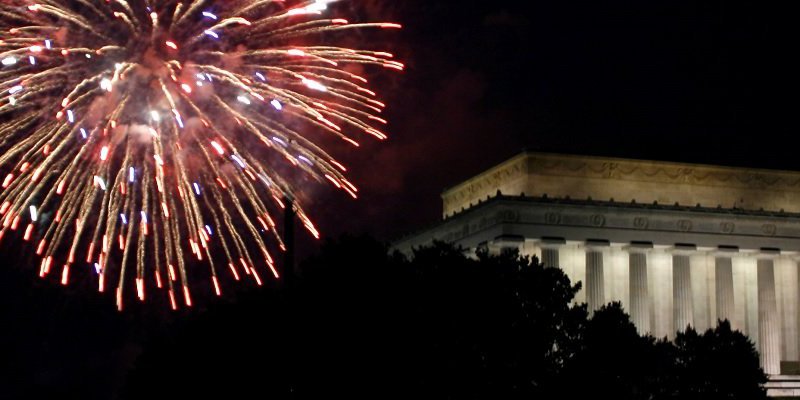
The fireworks are over - let the FOIAs begin!
The 4th of July is not only America’s birthday, it’s also the date the federal Freedom of Information Act was signed into law. Here’s some suggestions for requests you can file to help keep your government open, transparent, and accessible.
-
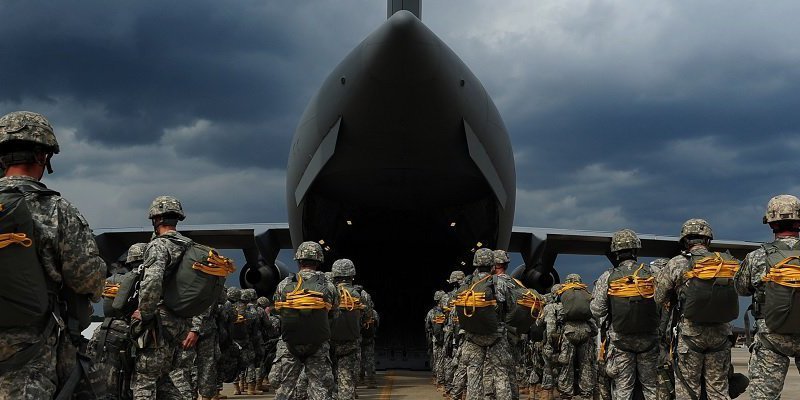
Army, Air Force offer contradictory stances on post-Snowden internet blockades
While the government can’t directly control the public’s ability to see former NSA contractor Edward Snowden’s leaks regarding secret surveillance programs, preventing access internally is another story - though the Army and Air Force don’t exactly agree on what that story is.
-
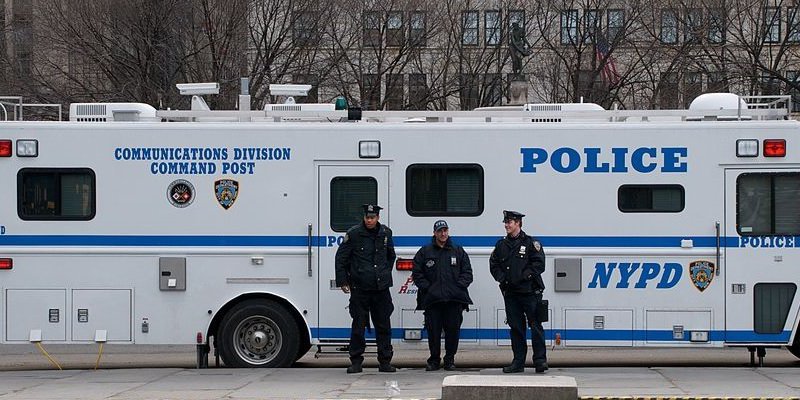
What is - and isn’t - in the report about the CIA and NYPD’s “unique” relationship
The release of the 2011 CIA Inspector General report on cooperation with NYPD has unearthed a number of details regarding the partnership. Sifting through the report uncovers a trove of new FOIA leads waiting to be requested to flesh out this story further.